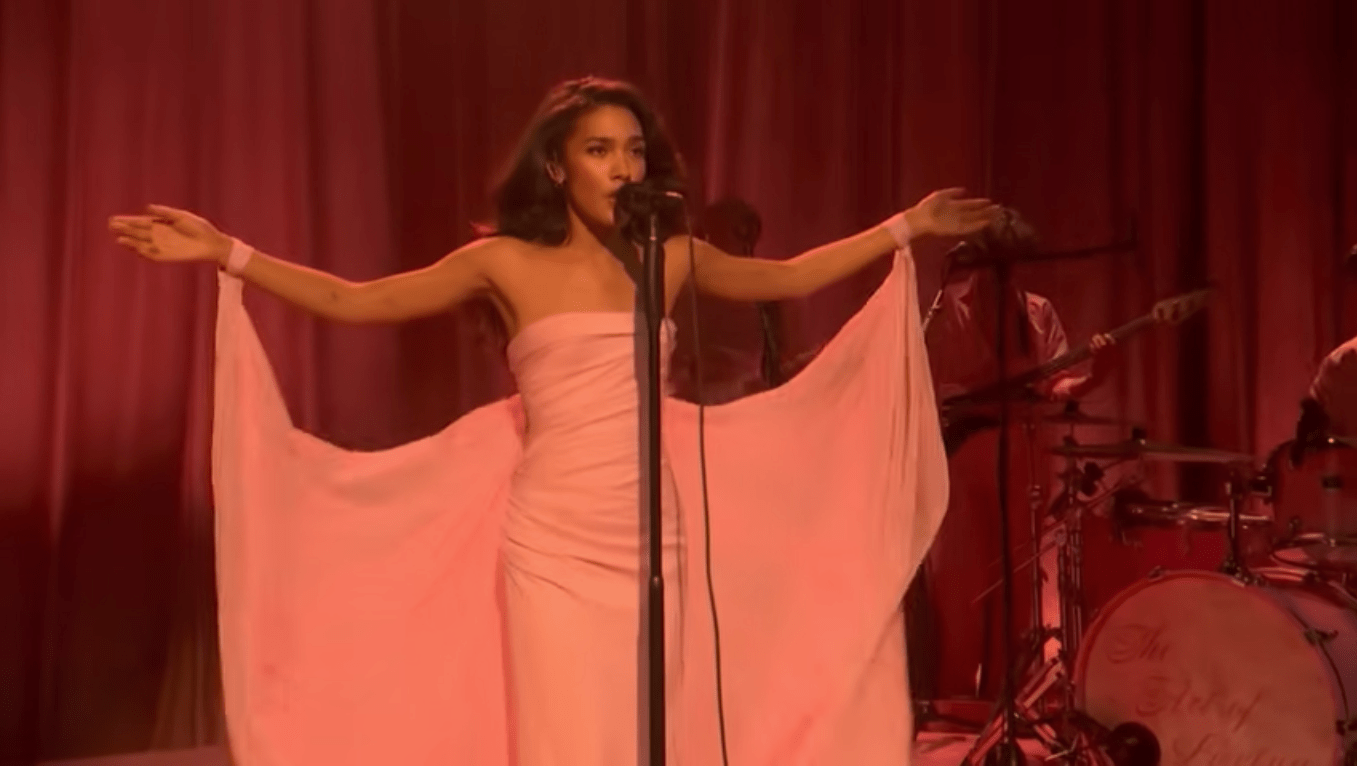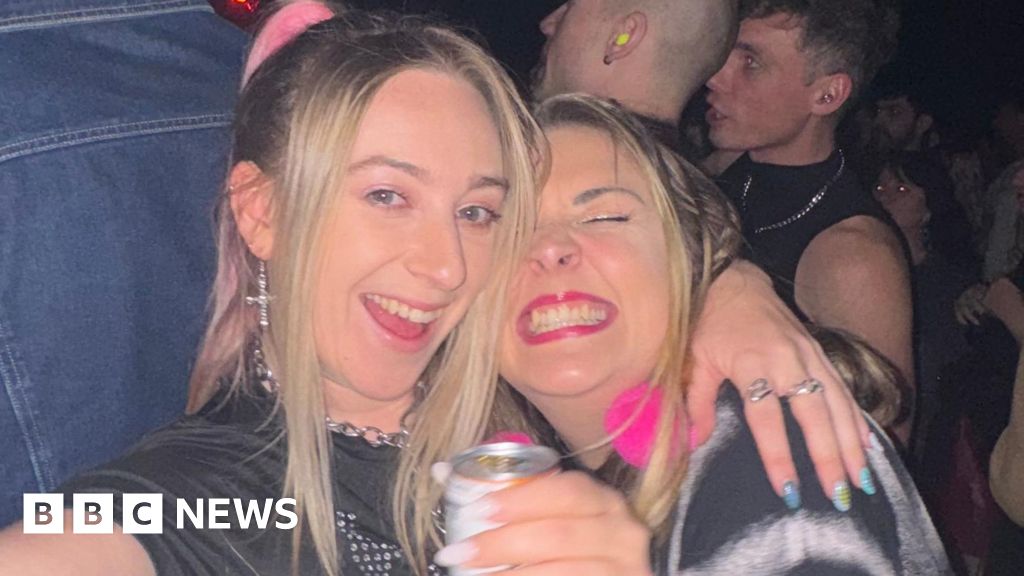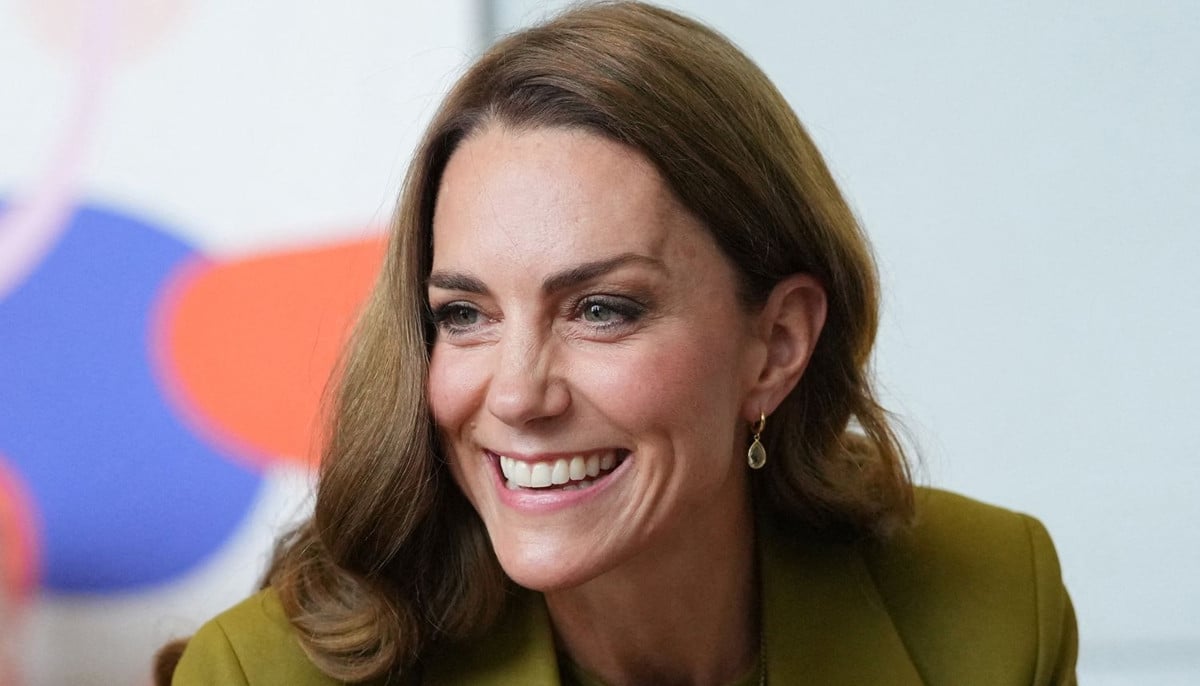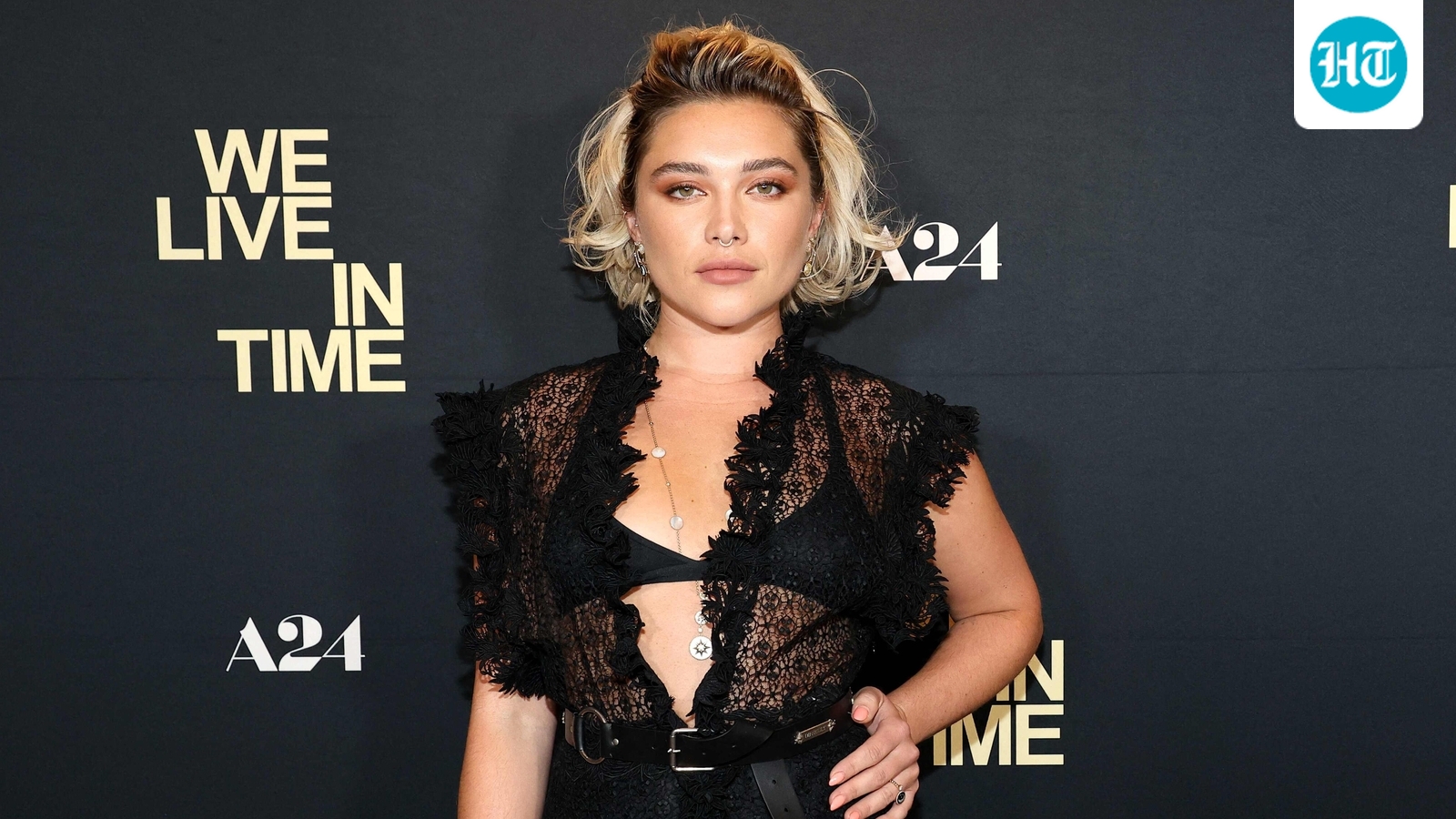British singer-songwriter Olivia Dean debuted on Saturday Night Live by performing two songs from her second studio album, The Art of Loving, which came out in September.
Dean, who was just nominated for Best New Artist at next year’s…

British singer-songwriter Olivia Dean debuted on Saturday Night Live by performing two songs from her second studio album, The Art of Loving, which came out in September.
Dean, who was just nominated for Best New Artist at next year’s…

Quezon, Philippines, Nov. 16 (CNA) A home-style restaurant opened by a Taiwanese woman in Quezon City in Metro Manila has been featured in the first-ever Michelin Guide honoring exceptional restaurants in the Philippines.
The restaurant, Fong Wei…

 Abi White
Abi WhiteOne of the first ravers at a new phone-free event said the atmosphere was “incredible” – until the crowd started breaking the rules and using their mobiles.
Continue Reading

Catherine, Princess of Wales, has raised awareness about a pressing…

The Casa Guidi in central Florence dates from the 15th century and was divided into graceful, high-ceilinged apartments in the early 1800s. In July 1847, it was rented, initially for three months, by…

ROME — Millions of tourists visit the Colosseum and Sistine Chapel each year, yet only a tiny fraction ever step inside the gilded halls of Rome’s most exclusive site: the Colonna Palace.
The private home-museum hides in plain sight, spread out…

Serving ‘makki di roti’ with ‘sarson da saag’ and arranging a two-wheeler–driven ‘jugaad rehri’ are among the wishes of Dangon village residents, who hope to see them fulfilled on their hero Dharmendra’s landmark 90th birthday on…


Jeremy Renner’s attorney is pushing back against claims that the actor reached a “respectful resolution” with filmmaker Yi Zhou, saying no agreement was made and accusing her of misrepresenting the situation, as per TMZ. Earlier, the…

Florence Pugh jumped into the debate around the need for intimacy coordinators on films. The Thunderbolts* star is the latest to comment on the matter after celebrities like Gwyneth Paltrow and Jennifer Lawrence recently said they did not feel…